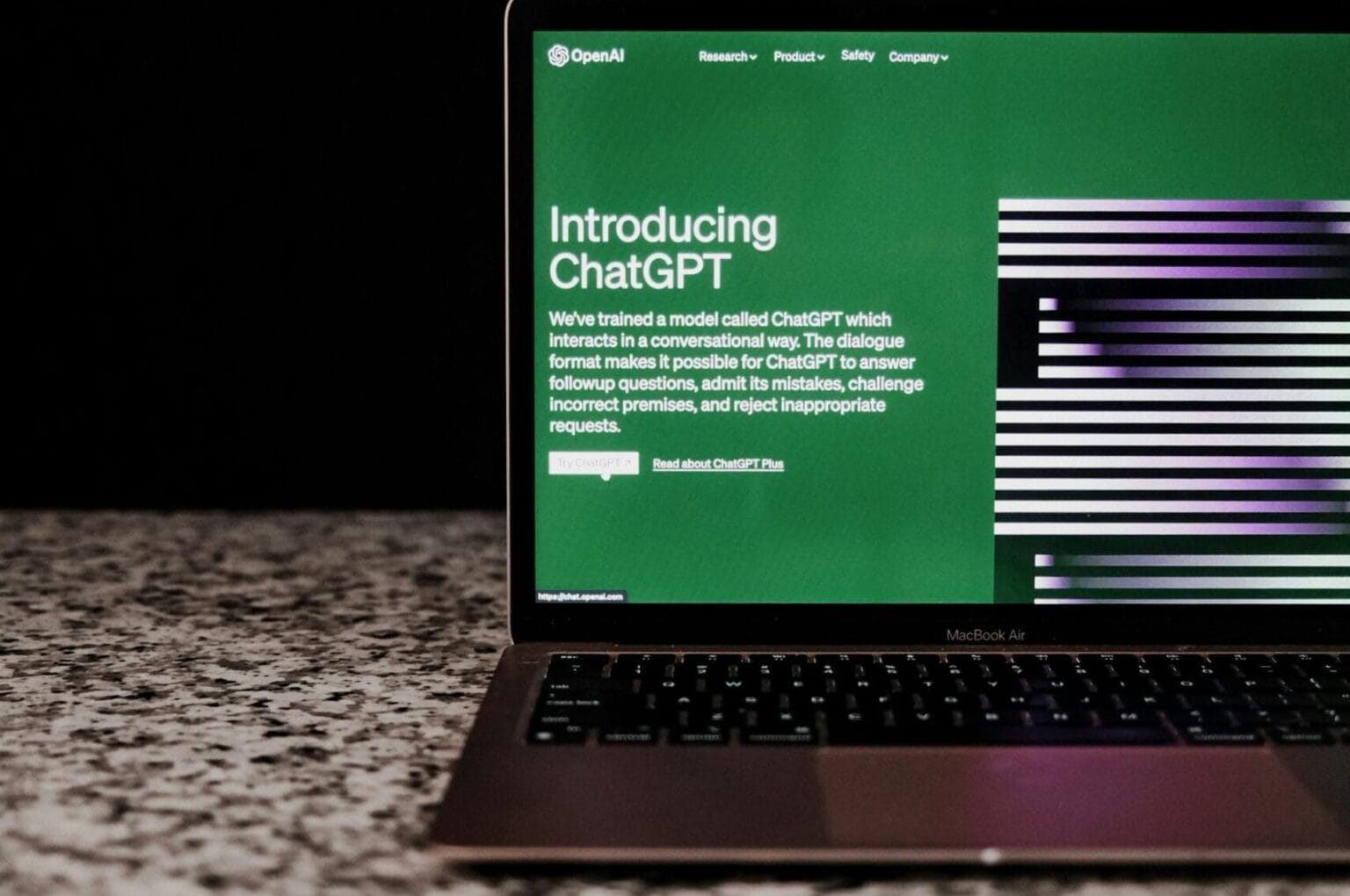OpenAI, the organization behind ChatGPT, has requested a judge to dismiss parts of The New York Times lawsuit, claiming that the media company paid someone to hack OpenAI’s products to generate examples of copyright infringement for its case. In a filing on Monday in Manhattan federal court, OpenAI accused the Times of using deceptive prompts that violate OpenAI’s terms of use, leading to tens of thousands of attempts to generate strange results.
OpenAI argues that the alleged “hacking” is a form of prompt engineering or “red-teaming,” a common practice in the AI industry to stress-test systems for vulnerabilities. AI trust and safety teams, ethicists, academics, and tech companies often use this approach to identify issues within their systems, similar to how cybersecurity professionals test websites for weaknesses.

This development occurs amid a broader battle between OpenAI and publishers, authors, and artists over using copyrighted material for AI training data. The Times’ lawsuit, filed in December, seeks to hold Microsoft and OpenAI accountable for billions of damages.
OpenAI has previously claimed it’s “impossible” to train top AI models without copyrighted works. In a filing last month in the U.K., OpenAI stated that limiting training data to public domain materials from over a century ago would not meet the needs of today’s citizens. The ongoing legal dispute has raised questions about using copyrighted material in AI training data and its potential implications for the industry.
Despite OpenAI’s insistence that any single publisher’s data does not significantly impact ChatGPT’s abilities, the filing suggests that decisions by multiple publishers to opt out could have an effect. OpenAI has been actively negotiating with publishers, securing deals with Axel Springer and reportedly in talks with CNN, Fox Corp., and Time to license their work.
While OpenAI emphasizes its opt-out process for publishers, the filing underscores the importance of copyrighted content for training current AI models. The organization is committed to working with rightsholders to find mutually beneficial arrangements for accessing materials and displaying content beyond what copyright law allows.
The lawsuit and ongoing negotiations highlight the complex interplay between AI development and intellectual property rights in the digital age.
